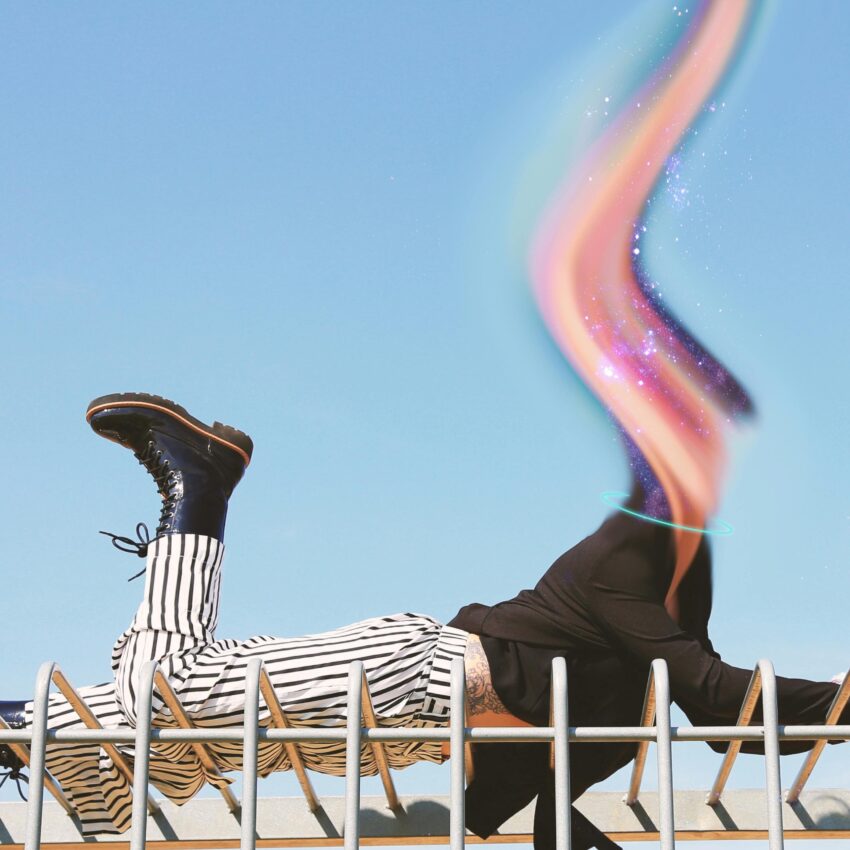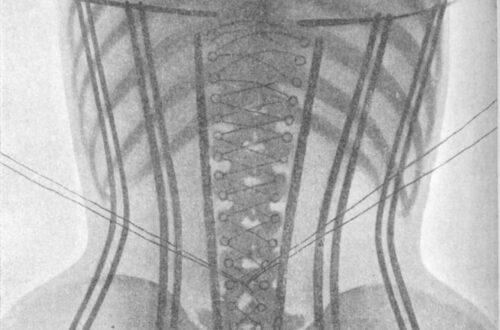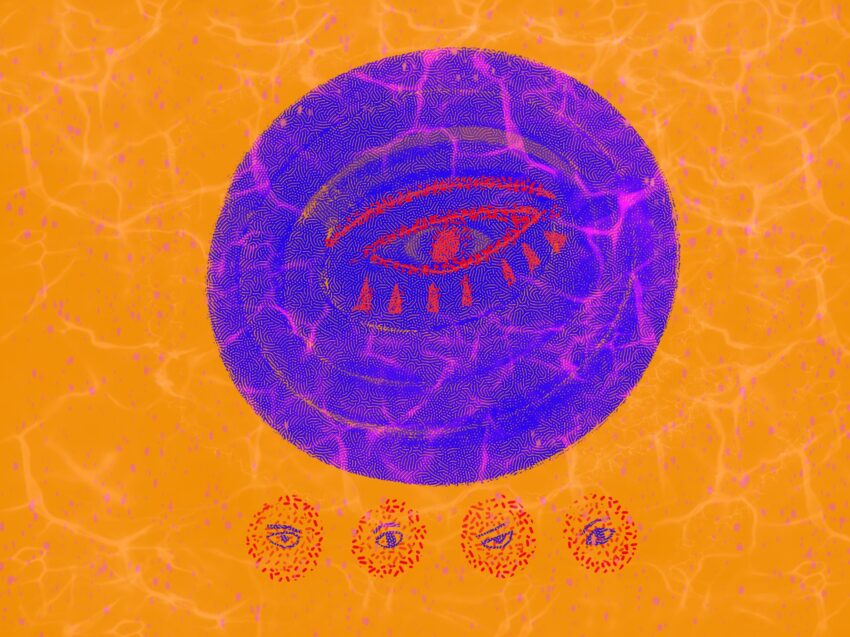
A Normal Life
by Zia Jaffrey
Excerpt from a manuscript on South Africa
I don’t remember who we were planning to abduct. I may have got it wrong on the amnesty application. Maybe it was K in Soweto…
-(Security policeman, who shot his wife)
On the train back from Nyack to Manhattan, after having dinner with my sister, I couldn’t speak. I hadn’t gone that far in love with anyone, except Louis. My sister and Frank were guiding K on what to expect when he met my parents. That meant that they assumed that this was it for me–for us. His friends had also assumed it. He said that N and V had driven him to the airport, teasing and kidding him–”So you’re going to meet her parents, huh?”–the way only good friends can. K and V, I knew, had been in prison together, or rather, had escaped from prison together. Because I was so remote on the train, he looked at me–worried, then put his head on my shoulder. I simply couldn’t speak, it happened to me with deep emotion, it came from a place inside me, long ago, age four, when my sisters and I suddenly felt exiled by our parents–they sent us to live in India for four years, to an aunt and uncle we had never met, a country we had never seen. “A world apart?” K asked, meaning, was I thinking how can we put his world in Johannesburg together with my world in New York? “No,” I said gently, trying to reassure him, though still unable to find words. He was not yet divorced, though he lived apart from his wife and children. He was just as contemplative. He didn’t read the book he’d brought along, Toni Morrison’s The Bluest Eye. He had said, on our way out to Nyack, that he always read the first page of a novel, then the last, to see how it ended, before he decided to buy a book. So we read the last page aloud, marvelling at her words. I thought then that he was a person who didn’t like surprises; but that perhaps had something to do with his history in South Africa, with the history of South Africa. What he had experienced there–the unseen trauma–was coming out as he travelled, even though he had been to New York before, spent a year at Princeton. He needed to know, for example, exactly which subway stop we’d be getting off at, and where the actual exit was, before we got there; once, when I suggested that we cancel dinner with some friends of mine, he said finally, “What’s the big deal? We’ll just go and case the joint.” Case the joint? I had known these friends for fifteen years. Once I found him sitting in my stairwell, in a floppy hat. As I opened the door to my apartment, he said, “You know, anyone could just be waiting for you, there, and you wouldn’t know it, because you aren’t looking.” I glanced at those eyes, so somber, under that hat, to protect his bald head, in the middle of winter. “I’ll be fine. You needn’t be so vigilant.” He told me that the neon street lamp that reflected an orange glow into my bedroom reminded him “of the lights on Robben Island.” They never turned them off, he said. It was seventeen years later, so formative were those three years. Once he grilled me, like the chief of police. Sitting on my bed, he said: “What’s the biggest risk you’ve taken?”
“Biggest risk? I haven’t risked my life for my country, if that’s what you mean…” I laughed. “Biggest risk? Writing a book?” I didn’t say, seeing Louis, as far as you can see someone you love, almost, to death.
At a Mexican restaurant, on 95th street in Manhattan, I told him that a friend he had met had made $100,000 on a screenplay. He said nothing. “What’s wrong?” “I’m just wondering why you are telling me this information… What is behind what you’re saying.” Right. What is behind what I am saying. When we stopped in at a cafe, and ordered cheesecake, he said, “What that taste? There’s a faint hint of ammonia in it…Smell it…. Must be the fluid they used in the display casing…” As usual, he was right.
I dreamed there was a riot in Soweto…You disappeared…I was trying to find you…I was trying to protect you…
-(K)
We had made a deal; K could come to New York, during my busiest time, as long as he promised to give me a break, and go to Washington, DC, for a few days. He said that he had earned two years of vacation credits, but that they would expire after January, if he didn’t use them. It was his optimal time.
Before he left for the station, I waylaid him, taking off his belt, making love. Laughingly he said, “You really are like Winnie Mandela… Are your sisters like this?” “My sisters? What are they even doing in the conversation? On a scale of one to ten, compared to my American counterparts, I’m about a five.” Sex, for him, was not something you did in the middle of the day. That evening, he called from DC. “Mama Zia, can I come home now?” Home. What was “home” during the struggle days? Always on the move, on the run. I had often thought about how hard that must have been for his wife, and for him. Their sons. How do you fit in after so much time apart? Sometimes hiding in white leftists’ homes. Apartheid was cruel, it broke families. “K…” “I promise not to bring up anything controversial…” Marriage, divorce. Happily in my apartment again, he was leafing through the Sunday Times. He came across a travel piece about India. He read it aloud to me. Afterwards I said, “Were you thinking we could take a vacation there?” He said, “I was thinking we could get married there.”
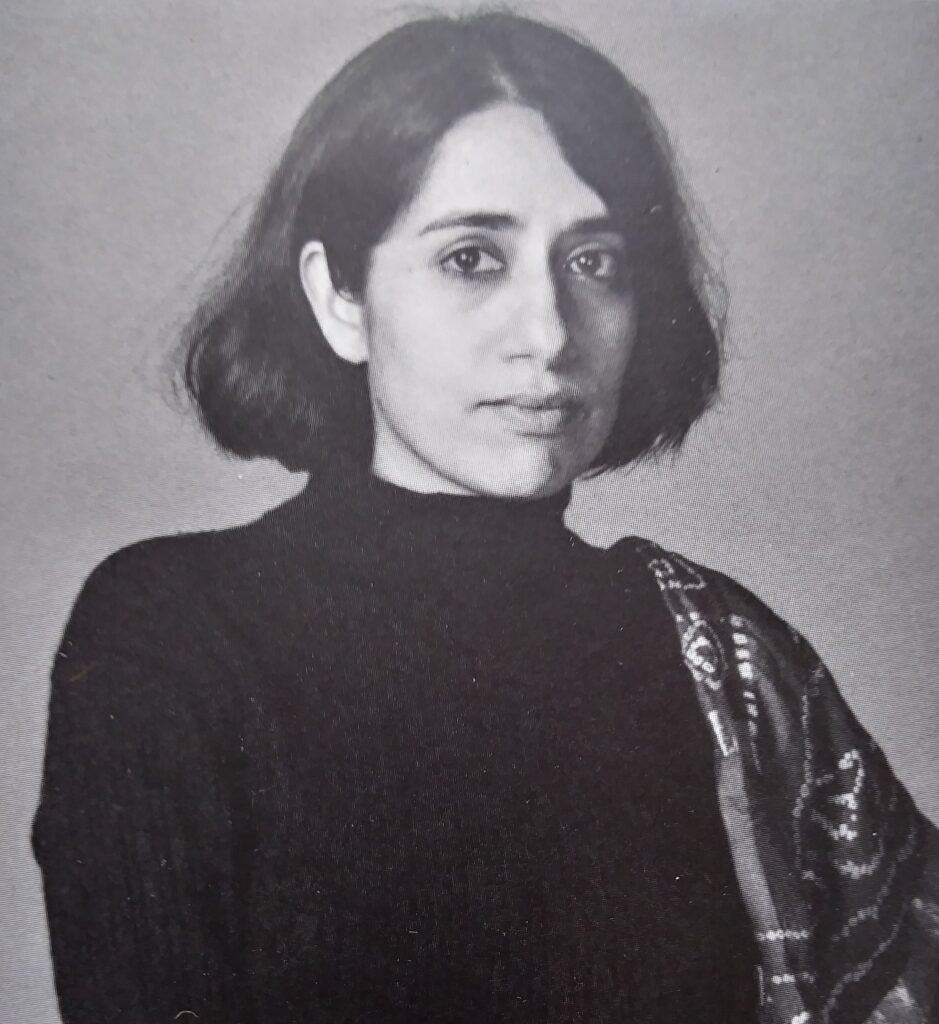
Zia Jaffrey is the author of The Invisibles: A Tale of the Eunuchs of India (Pantheon/Vintage). She has written cover stories, features, and book reviews for many publications, including Vogue, The Nation, The New York Times, The Washington Post, and Elle, where she ran the front of the magazine, wrote literary pieces, and cultivated new voices. Her work has been anthologized in several tomes, most recently, in PEN America’s India at 75, and Toni Morrison: The Last Interview and Other Conversations. She has covered South Africa's Truth and Reconciliation Commission hearings, AIDS, and the Israel/Palestine conflict, and is currently writing a book about Palestinian-Americans. She teaches in The New School’s graduate Creative Writing program.
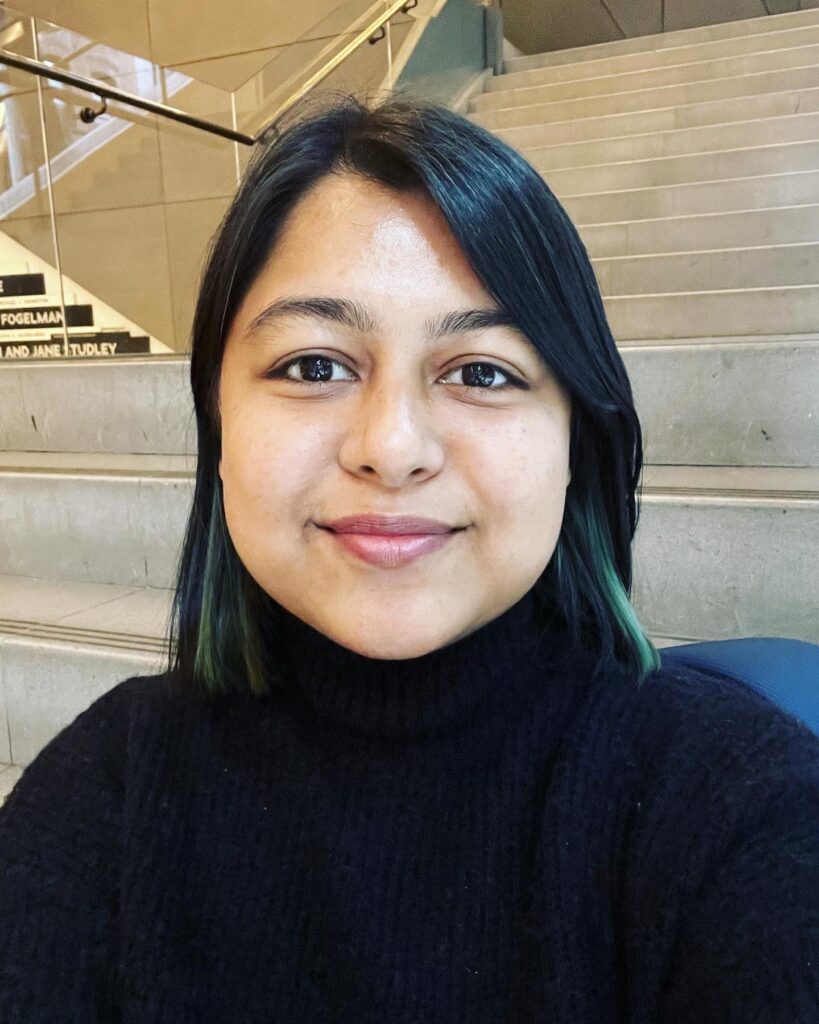
Aditi Bhattacharjee is an Indian writer, currently pursuing an MFA in Writing at The New School, New York. Her poems have appeared in Sky Island Journal, Evocations Review, The Remnant Archive, Greyhound Journal, SLAB and elsewhere. Her essays have appeared in Lunch Ticket Magazine, Pile Press, Curlew New York & elsewhere.


